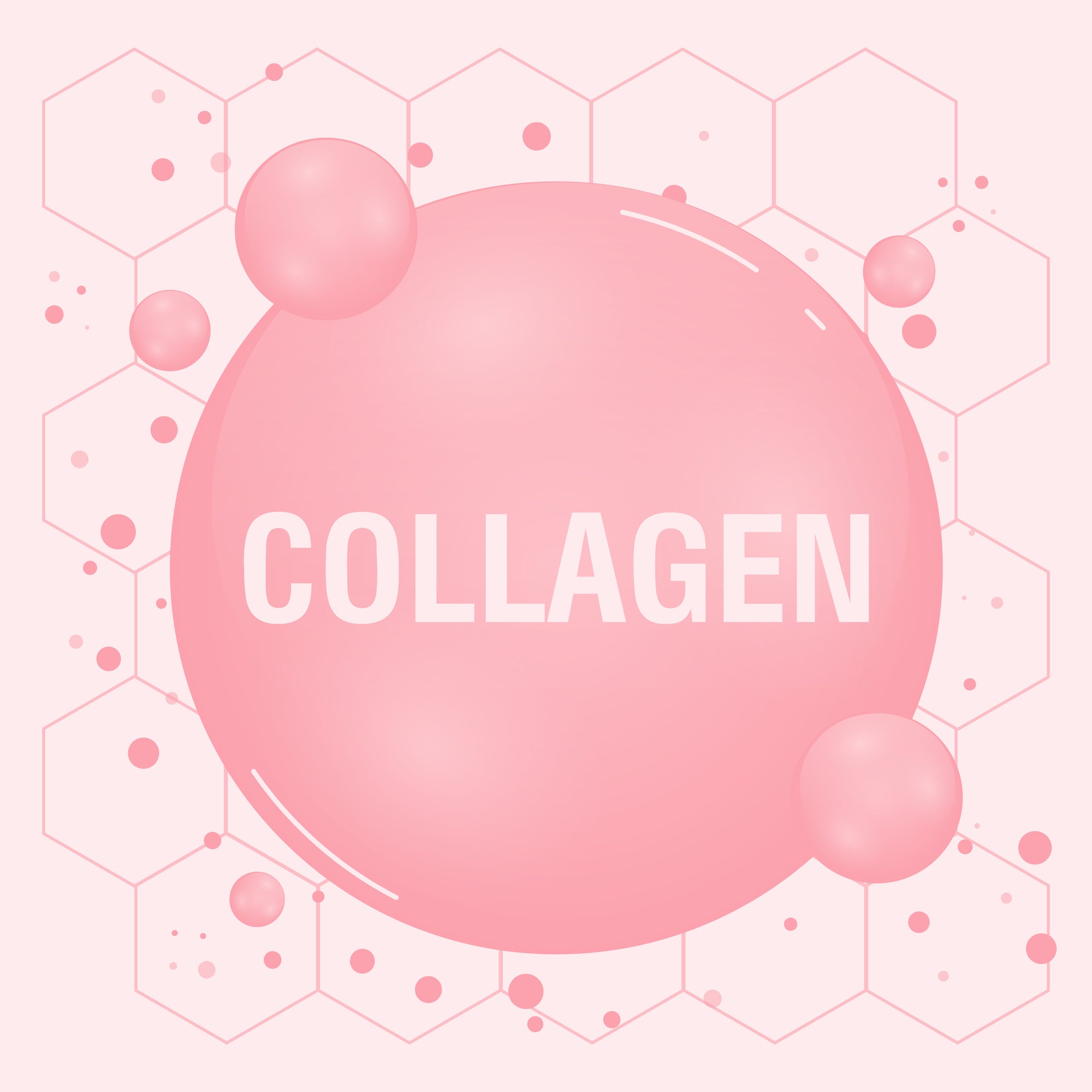

· By Sara M, Founder
What is Collagen? All You Need to Know
What is Collagen?
Types of Collagen
Why is Collagen Important?
Collagen is one of the most important proteins present in the human body. As mentioned earlier, it provides structural support to human skin and bones. Apart from this, collagen plays a vital role in cellular processes, such as immune response, tissue repair, cellular communication, and cellular migration. Some other major functions of collagen are listed below:
- It plays an important role in replacing dead skin cells in the human body.
- It helps fibroblasts form in your middle skin layer, which further contributes to the growth of new cells.
- It provides a protective covering for the organs.
- It is responsible for providing elasticity and strength to your skin.
- It helps your blood to clot.
How to Know If Your Body is Experiencing Collagen Loss?
Collagen is naturally present in your body and it keeps producing. In case collagen levels decrease in your body, you can even consume it through dietary sources, such as chicken, fish, or collagen supplements. Even cosmetic companies use collagen in skincare products, such as moisturizers, face serums, etc. But an important question that arises here is: how do you know if collagen level is decreasing in your body?
Honestly saying, you can not measure collagen in a blood test or in any other way. However, there are signs that you may notice when your body’s collagen levels are decreasing. These signs include:
- Wrinkled, dull, or dry skin
- Shrinking or weakening muscles
- Ligaments and tendons becoming less flexible
- Joint pain due to worn cartilage or loss of mobility due to joint damage
- Thinning of the lining of your digestive tract, which may cause gastrointestinal issues
What Happens to Collagen As You Age?

As you become older, the collagen levels in your body start decreasing. The existing collagen breaks down at a faster rate and new collagen is produced in lower amounts. As per studies, a woman’s body loses around 30% of its collagen during the first five years of menopause. After the age of 60, everyone experiences a significant reduction in collagen levels, resulting in wrinkled skin, stiff muscles, and weaker bones.
Possible Reasons for Collagen Loss
Losing collagen with age is a natural process. However, some dietary habits and supplements can accelerate the process of collagen loss at younger ages as well. Individuals who often consume alcohol or cigarettes experience collagen loss much faster than those who don’t consume these things.
Apart from this, diets that include added sugar and extra processed foods can also have a negative impact on your body’s collagen levels. Another reason for premature skin aging due to collagen loss can be sun exposure. This is why it is advisable to wear SPF sunscreen whenever you step out in the sun.
How To Maintain Collagen Levels in Your Body
In order to increase and maintain an ideal collagen level in your body, you will have to pay special attention to your diet as well as the skincare routine that you follow. Here are some tips that you can consider:
Benefits of Taking Collagen Supplements

Collagen supplements are made using breaking down the proteins into smaller parts to make it easier for the human body to absorb. As per a study conducted by NLM, collagen supplements can support skin health by improving skin hydration and elasticity. Not only this, but these supplements also have great benefits in terms of bone health. Here’s why you should consider taking collagen supplements if your body has low levels of collagen:
- Studies suggest that hydrolyzed collagen supplements can greatly improve skin elasticity, hydration, and the appearance of wrinkles. Taking 0.5 to 15 grams of collagen supplement per day for 8 weeks or longer can be highly beneficial.
- Taking 5 grams of collagen peptides per day for one year can significantly increase BMD in women’s spine and femur post-menopause.
Final Thoughts..
Collagen plays a vital role in providing strength and structure to the human body. Although the debate around the effectiveness of collagen supplements continues, we cannot overlook the importance of collagen in maintaining skin and bone health. For this, you must ensure that you take a collagen-rich diet and avoid habits like smoking that can result in collagen loss.
Take a well-balanced diet, protect your skin from sun exposure, and avoid drinking or smoking too often. By following all these, you can prevent collagen loss to a great extent and keep your skin and bones healthy for longer periods.